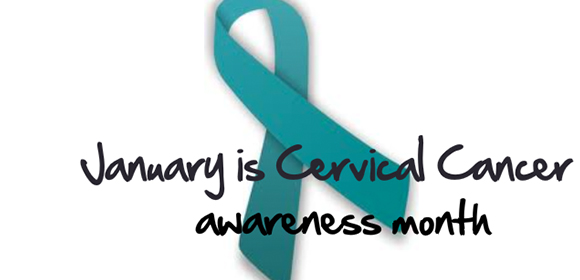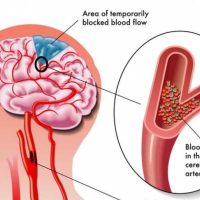January does not just mark the start of a new year, it’s also Cervical Cancer Awareness Month and here’s what you need to know.
Cervical Health Awareness Month hopes to raise awareness of this cancer and the diseases that can cause it and start conversations between women and their physicians that could help stop the spread of dangerous and potentially cancer causing diseases.
The month’s main focus is on HPV, or the Human Papilloma Virus, which more than half of sexually active men and women are infected with at some point in their lives. While most types of HPV will have an effect ranging from nothing to genital warts, other types can cause cervical lesions or even lead to cancer (in both men and women) if left untreated over a long period of time.
Current detection and prevention tools, alongside vaccination, can prevent most of the infections and deaths that come from cervical diseases and their related complications. Not unlike Breast Cancer Awareness month in October, CHAM hopes to remind women about the importance of regular health screenings alongside these other preventative measures.
The Cervical Cancer Coalition says that the majority of women diagnosed with cervical cancers either have never had a Pap test or did not have one in the five years leading up to their diagnosis, making regular Pap (and supplemental HPV) testing vitally important in diagnosing precancerous changes that could indicate an issue.
If you have yet to receive an HPV vaccination, January is the time to get protected and help avoid any problems in the future. With two vaccines currently on the market, getting vaccinated is a simple decision that could change your life.
Beta-carotene and three vitamins could hold off the disease. It turns out that there is a way to protect your daughter against cervical cancer without having to resort to the use of side effect-ridden vaccines. An article published in the journal Nutrition and Cancer revealed a promising link between the intake of beta-carotene, and vitamins A, C and E and a lower risk of cervical cancer.
Researchers, from the Republic of Korea’s National Cancer Center, age-matched 144 Korean women diagnosed with cervical cancer with 288 control subjects with no history of the disease. By analyzing socio demographic and dietary information of the participants, the researchers found that participants who had higher intakes of vitamins A, C, and E from diet and supplements had a significantly lower risk of cervical cancer.
Participants in the top 25 per cent of vitamin E intake had a 47 per cent lower risk of cervical cancer compared to those in the lowest 25 per cent. Those in the top 25 per cent of vitamins A and C intake had a 65 per cent lower risk. When intake from diet alone was examined, participants whose vitamin A, beta-carotene, and vitamin C were in the top 25 per cent experienced a 64, 52 and 64 per cent lower risk than those in the lowest 25 per cent.












